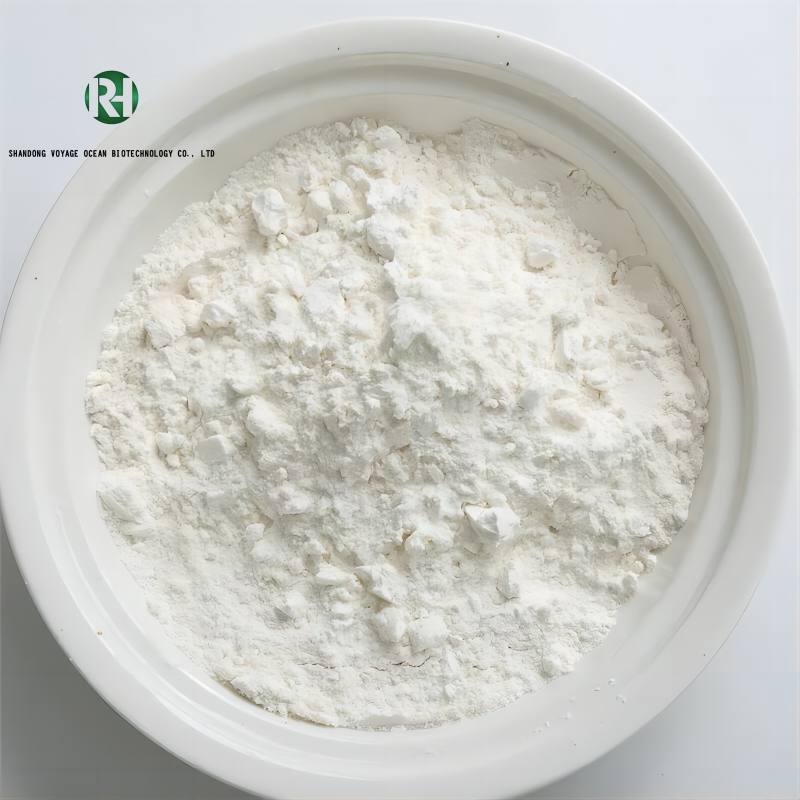-
Categories
-
Pharmaceutical Intermediates
-
Active Pharmaceutical Ingredients
-
Food Additives
- Industrial Coatings
- Agrochemicals
- Dyes and Pigments
- Surfactant
- Flavors and Fragrances
- Chemical Reagents
- Catalyst and Auxiliary
- Natural Products
- Inorganic Chemistry
-
Organic Chemistry
-
Biochemical Engineering
- Analytical Chemistry
- Cosmetic Ingredient
-
Pharmaceutical Intermediates
Promotion
ECHEMI Mall
Wholesale
Weekly Price
Exhibition
News
-
Trade Service
Click on the blue word above and follow our latest research in mice.
We found that a mild infection of the mother during pregnancy will have a permanent and tissue-specific effect on the immunity of the offspring
.
These findings indicate that although the fetus can accept maternal infections to improve immunity to intestinal infections, the price of doing so is that the offspring may be prone to long-term inflammatory diseases
.
More and more evidences show that the immune system of the fetus begins to develop in the uterus and will be greatly affected by the maternal immune status during pregnancy
.
Although pregnancy is usually associated with immunosuppression, it is still unclear how the undiagnosed and usually resolving infections that occur in the mother every day—such as mild urinary tract infections, respiratory infections, or food-borne infections—will affect Immunity of its offspring
.
To assess the impact of maternal infection on the immunity of offspring, Ai Ing Lim and colleagues used a specific strain of a common food-borne pathogen called Yersinia pseudotuberculosis to infect pregnant mice.
Strains can cause mild, transient infections
.
Although this transient infection only occurred in the mother, Lim et al.
observed that the number of intestinal T helper 17 (Th17) cells in offspring mice increased and continued to increase into adulthood
.
The authors found that the increased concentration of the pro-inflammatory cytokine interleukin-6 (IL-6) produced by the mother due to infection can cause epigenetic changes in the development of fetal intestinal epithelial stem cells in the uterus
.
Although these offspring have shown increased protective immunity against intestinal infections, they are more susceptible to intestinal inflammatory diseases (such as colitis)
.
Mohammed Amir and Melody Zeng wrote in Perspective: "In the past few decades, the incidence of childhood inflammatory diseases has increased significantly, including asthma, allergies, and some behavioral defects caused by neuroinflammation
.
Future research It should be discussed whether and how immunoblotting in the uterus is the basis for susceptibility to inflammatory diseases
.
"Welcome to follow the Science official public account , click on the "Read the original text" below to visit the English original text for this issue of Science.
We found that a mild infection of the mother during pregnancy will have a permanent and tissue-specific effect on the immunity of the offspring
.
These findings indicate that although the fetus can accept maternal infections to improve immunity to intestinal infections, the price of doing so is that the offspring may be prone to long-term inflammatory diseases
.
More and more evidences show that the immune system of the fetus begins to develop in the uterus and will be greatly affected by the maternal immune status during pregnancy
.
Although pregnancy is usually associated with immunosuppression, it is still unclear how the undiagnosed and usually resolving infections that occur in the mother every day—such as mild urinary tract infections, respiratory infections, or food-borne infections—will affect Immunity of its offspring
.
To assess the impact of maternal infection on the immunity of offspring, Ai Ing Lim and colleagues used a specific strain of a common food-borne pathogen called Yersinia pseudotuberculosis to infect pregnant mice.
Strains can cause mild, transient infections
.
Although this transient infection only occurred in the mother, Lim et al.
observed that the number of intestinal T helper 17 (Th17) cells in offspring mice increased and continued to increase into adulthood
.
The authors found that the increased concentration of the pro-inflammatory cytokine interleukin-6 (IL-6) produced by the mother due to infection can cause epigenetic changes in the development of fetal intestinal epithelial stem cells in the uterus
.
Although these offspring have shown increased protective immunity against intestinal infections, they are more susceptible to intestinal inflammatory diseases (such as colitis)
.
Mohammed Amir and Melody Zeng wrote in Perspective: "In the past few decades, the incidence of childhood inflammatory diseases has increased significantly, including asthma, allergies, and some behavioral defects caused by neuroinflammation
.
Future research It should be discussed whether and how immunoblotting in the uterus is the basis for susceptibility to inflammatory diseases
.
"Welcome to follow the Science official public account , click on the "Read the original text" below to visit the English original text for this issue of Science.







